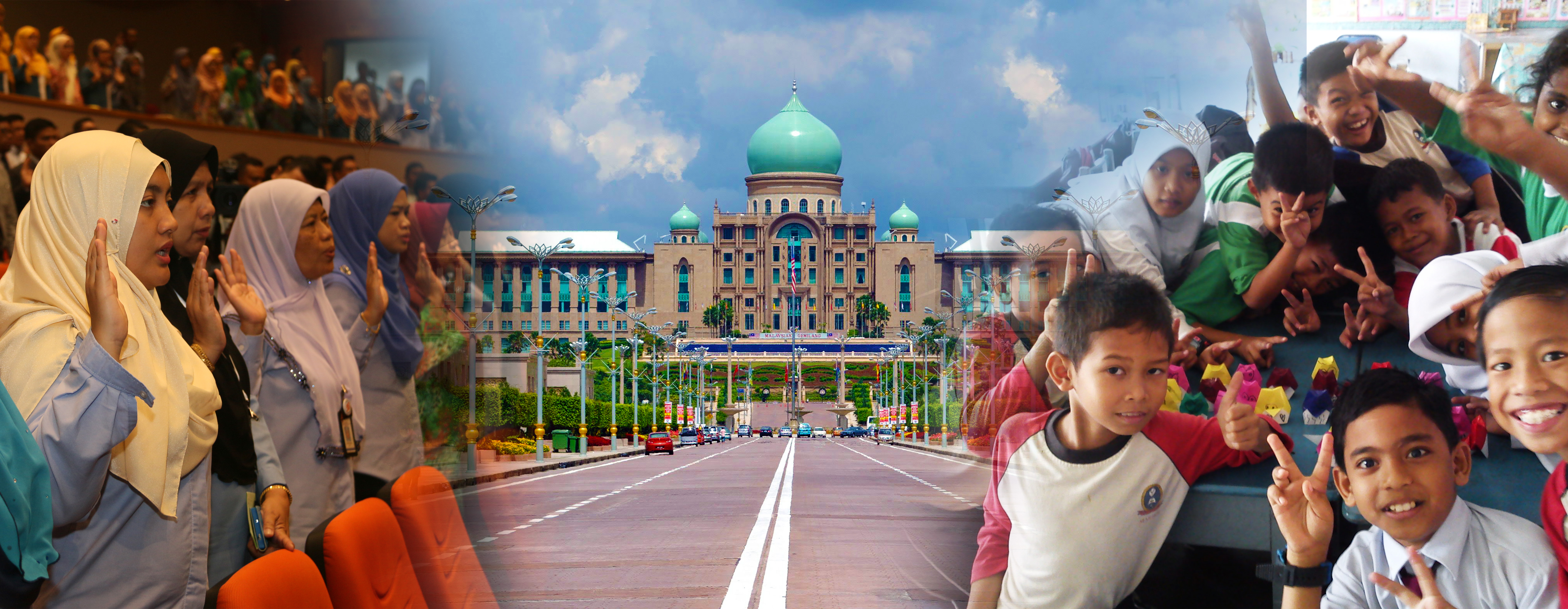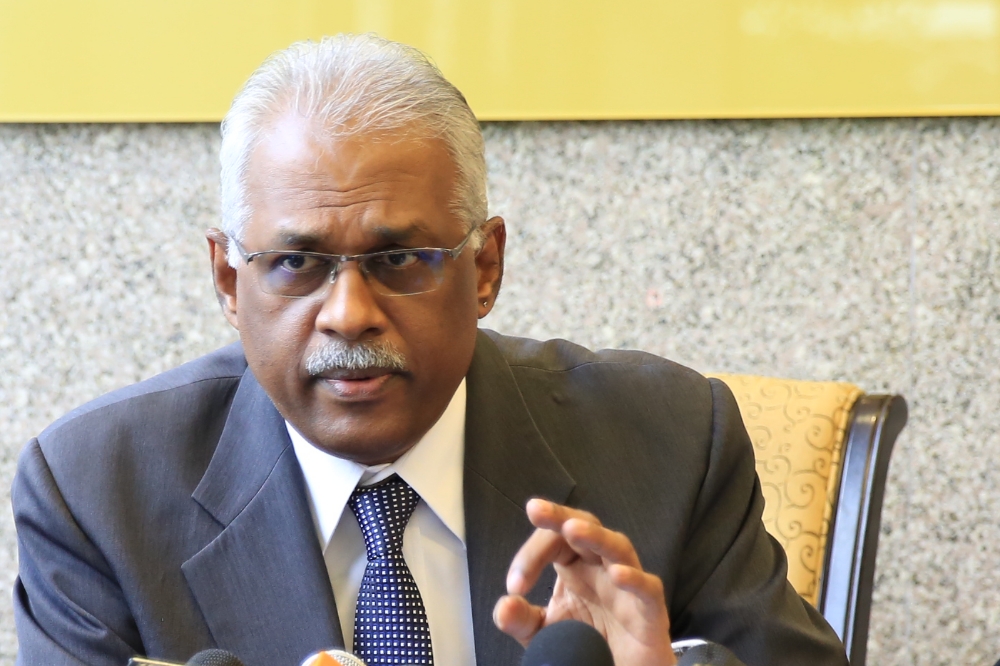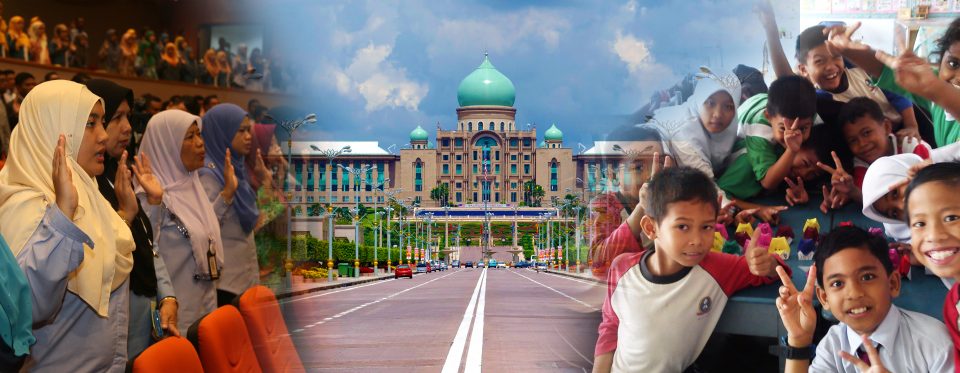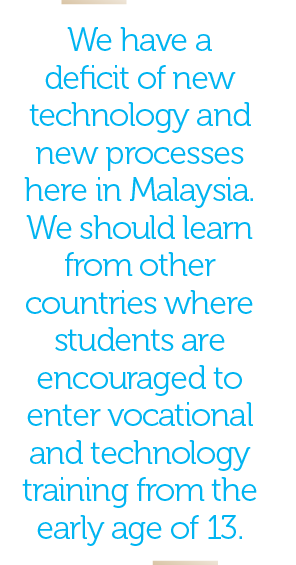by Sangetha Jayakumar

The new Pakatan Harapan led Federal Government carries a huge burden of expectation on its shoulder. Institutional reform is definitely an important item on the agenda, but with 61 years of BN hegemony, the laundry list of problems with Malaysian institutions forms a litany of woes perhaps as long as the list of Malaysian agencies themselves.
However, it is important for the new government to manage the electorate’s expectations and come up with timelines to deliver these institutional reforms, beginning with the most urgent, as this is important to maintain market stability and continued investor confidence. Falling short of this could prove both politically and economically detrimental.

 Civil Service
Civil Service
This tops the list of reforms, as under the previous regime, the Federal civil service has grown to be bloated and highly bureaucratic. The large number of government employees is driven by the created need to bolster the former government’s Bumiputra agenda and credentials, often resulting in overlapping ministries, agencies and recursive red tape. Not only is this counter-productive, it results in a crowded workspace with little room for individual career growth and training opportunity, which in turn, hampers the ability of that particular department to contribute meaningfully to the national GDP or Productivity Index.
To simply axe the civil servants would be out of the question- the impact would result in the complete negation of trickle-down effect on as many as the touted number of 15% or around 300,000 staff.. Instead what could be considered is a two-prong strategy of repurposing and privatization. Repurposing would involve retraining government employees that are redundant and deploying them to critical areas, such as healthcare, while reducing the headcount in areas that are deemed less of a necessity. These staffs can be designed to be mobile, much like the PSD’s revolving talent pool. The second would be to market know-how from the existing civil service as a marketable expertise for profit. That way, instead of being seen purely as a cost center, it would actually help offset its own costs. This has been done before in agencies like the EPF or LHDN.
 Educational reform
Educational reform
Much has been said about national harmony and how the policies of the past twenty years resulted in poor cohesion between the races and growing mistrust among adherents of various faiths. In the medium term, this erodes political and economic goodwill within communities, which is vital to a vibrant internal economy, but on the long term it threatens to unravel the delicate social fabric of the nation itself.
The key to this is education- from the formative years right through graduation and beyond. Aside from removing internally damaging modules like BTN, it is essential to fill these gaps of overt nationalism with both moderate ideologies and a true sense of patriotism among the young. Also key to this is the support structure for education- with teachers being bogged down with administrative tasks and incredulous paperwork, it has to be simplified and the joy of teaching needs to be brought back into the classroom and beyond.
Multiple streams of education is expensive, and will be more expensive with the push for vernacular education from beyond K-12 to tertiary level, therefore a holistic approach towards education should be taken. This could be achieved with increased emphasis on vocational and technical training (TVET) which would gel well with Malaysia’s push for technically-capable skilled workers to fulfil both local and regional demand.

Charles Santiago, Member of Parliament for Klang since 2008, strongly believes that we need to increase the availability of technical and vocational training facilities especially for the younger generation. “We have a deficit of new technology and new processes here in Malaysia. We should learn from other countries where students are encouraged to enter vocational and technology training from the early age of 13. The idea of vocational training needs to be rethought, there must be a modern digital approach to the training modules provided and knowledge acquisition must be the key.”
He went on to add that most of the current programmes are unable to create value for small and medium enterprises. “Therefore because the local output is not tech savvy or skill savvy the businesses have to either copy or buy technology and skills from foreign countries.”
The formation of TVET arms in secondary schools, as well as the elevation of STVM as an equal to SPM in university entrance exams, especially to courses offered by these TVET units, could expedite this process.
With global projects along the entire belt of the OBOR (One Belt One Initiative) and also the emergence of Asia as the new economic powerhouse of the world, it is time for TVET to be seen as a viable and rewarding conscious career choice as opposed to a consolation prize and be positioned as such.
Institutional reform would be also important to support the earlier two. Without strong institutions to support the national agenda, all other reforms would be bound to relapse or worse, completely fail.
The judiciary and legislative arms of government need to be restored, reshaped and empowered to perform their role as equal partners and guardians of the Malaysian democracy. A commission of eminent persons in those fields should be appointed to convene in tandem with efforts taken to correct our economy and eradicate corruption, as the next progressive natural step.
Educationists and the Malaysian society at large need to be re-educated on their roles, and mechanisms for check-and-balance need to be set in place. For starters, every ministry should appoint an ombudsman and complaints commission to oversee it, reporting to Parliament. Impeachment procedures should be laid in place for judicial members who overstep their boundaries, while the Federal Court, as the apex court, should have a separate Constitutional court division that is empowered to overturn laws.
Implementation of Parliamentary Select Committees
The government has to ensure in the coming months, that Parliament as one of the key state institutions in a democratic system of governance has a critical role to play in promoting democracy and good governance. Parliamentary select committees for instance, if created and given the necessary freedoms and made independent, can provide a huge amount of information to Parliament and the broader public. Select Committees are much more consensual in nature and they try to work across party lines to try and ensure that regardless of the politics behind the law, that the law works as effectively as it possibly can.
 “As of now we do not have thematic Select Committees in Malaysia” said Sivarasa Rasiah Member of Parliament since 2008 for Sungai Buloh (previously Subang). He added that “in all fairness Pandikar Amin did try and suggest to cabinet the creation of just 10 Select Committees to shadow cabinet, however the previous Najib administration did not allow that through.”
“As of now we do not have thematic Select Committees in Malaysia” said Sivarasa Rasiah Member of Parliament since 2008 for Sungai Buloh (previously Subang). He added that “in all fairness Pandikar Amin did try and suggest to cabinet the creation of just 10 Select Committees to shadow cabinet, however the previous Najib administration did not allow that through.”
“I think that we must start by creating at least 10 Select Committees, to ensure that every Ministry is covered by a Select Committee. These SC’s must have full powers to summon whomever they feel is necessary to their investigation.” Most importantly he added that the SC’s and the entire enquiry process must be done in the public domain, and the report that follows is made public as well.
We must modernise the process and bring back the respect and independence of Parliament as a separate arm of government. Documents released by the SC or any committee in Parliament must be available to the public.
In the UK, Select Committees can summon public officials, civil servants and even Ministers to answer questions in relation to a specific subject matter. The benefit of Select Committees is that they can delve far deeper and more thoroughly into issues, providing unprecedented amount of details. The reality is that proper SC’s can do much more than MPs can do on the floor of Parliament, because they can force the government of the day to explain and justify their actions and in doing so the government along the way also improve their act.






